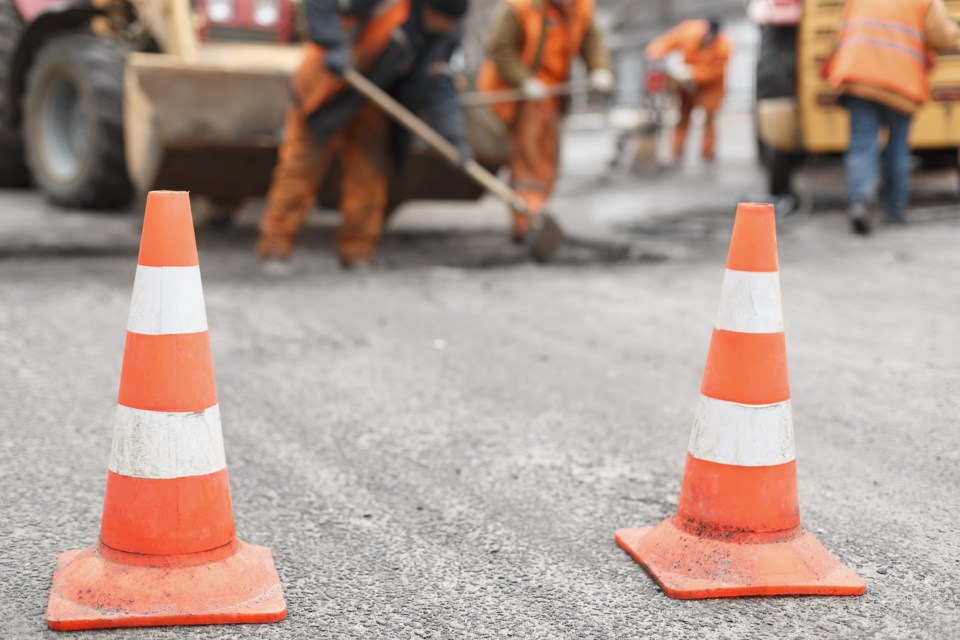Sudbury's city council voted in favour of taking the next steps in a $1.5-million pilot project aimed at extending the lifespan of the roads in Greater Sudbury.
The pilot will be looking at hot-in-place recycling (HIR) for asphalt, an on-site, in-place method where road rehabilitation projects are completed the same day as they are started.
The process consists of four steps:
- softening of the asphalt pavement surface with heat;
- scarification and/or mechanical removal of the surface material;
- mixing of the material with recycling agent (rejuvenator), asphalt binder, or new mix; and
- laydown and paving of the recycled mix on the pavement surface.
The specifications for the recycled hot mix product are identical to those of virgin hot mix asphalt (HMA), although softer grades of virgin asphalt cement are used to overcome the oxidation and hardening of the asphalt cement in the recycled asphalt product.
City staff have identified four roads for the HIR pilot project:
- MR35 from Clarabelle Road to Big Nickel Road (2.3 km);
- Kingsway from Falconbridge Road to Levesque Street (2.7 km);
- Radar Road (MR85) from Skead Road to Pine Ridge Street (3.7 km); and
- Bancroft Drive from Kingsway to Bellevue Avenue (1.5 km).
The final locations for the HIR project will be determined by staff, subject to tendering results and final geotechnical recommendations, up to the existing remaining budget of $1,390,000.
With council choosing to proceed with the pilot, it will now be tendered to be completed this construction season and staff estimates that 25 lane kilometres of road could be resurfaced with HIR within the current budget. The proposed pilot sites may need to be altered as required for budgetary purposes, depending on contract prices or determination of suitability of asphalt materials.
The lifespan of HIR is between 12 and 15 years, which would free up future roads budgets for larger projects, explained Dave Shelsted, the city's director of engineering services.
Shelsted used the analogy that HIR was like replacing the shingles on a roof in order to protect the rest of your house and that HIR is preventative maintenance that will help mitigate future costs by waiting until a road has reached a level of disrepair that it requires a complete overhaul at a much steeper price tag.
– Sudbury.com




